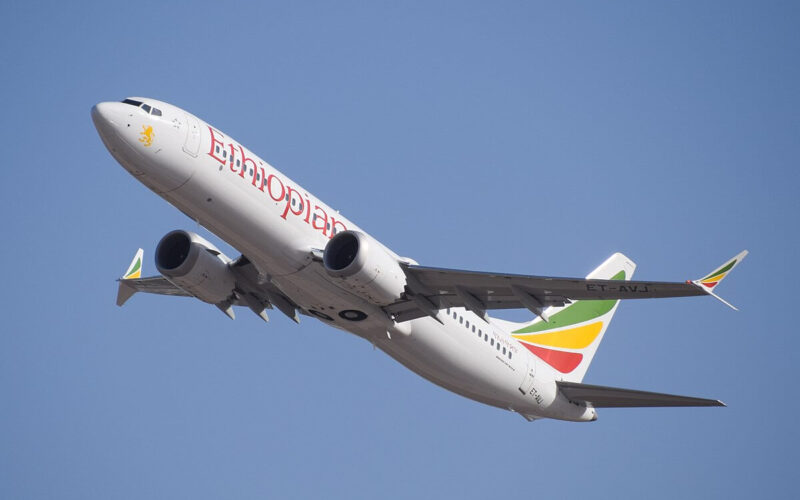In its second interim report published on March 9, 2020, a year after the disaster, Ethiopian investigators reinstated that it was the faulty MCAS design that caused the crash of flight ET302. They also qualified the training provided by Boeing as “inadequate”.
As it has already been determined in the initial report published in April 2019, a malfunction of the MCAS system was the main reason behind the crash. According to the investigators, that malfunction can be blamed on a faulty design: the reliance on the readings of a single angle of attack probe without redundancy “made it vulnerable to unwanted activation.”
“Shortly after liftoff, the left Angle of Attack sensor recorded value became erroneous,” recounts the report. The incorrect measurement triggered the MCAS system which automatically tried to push down the nose several times. The captain tried to fight back the system, requesting his first officer to help him (“Pull with me”), to no avail.
According to the report, the pilots of flight ET302 followed the procedures recommended by the manufacturer. Thus, the investigators say that their training was at fault. “The difference training from B737NG to B737 MAX provided by the manufacturer was found to be inadequate,” they said.
The conclusion echoes the final report of the Lion Air JT610 crash published on October 24, 2019, in which the Indonesian investigators also recommended for Boeing to review its documentation regarding the MAX.
Throughout the multiple investigations surrounding the Boeing 737 MAX, suspicions emerge that the minimum training might have been deliberate. On October 2, 2019, whistleblowers reported to the Seattle Times that safety improvements to the MAX were rejected three times because of “cost and potential (pilot) training impact,” which was symptomatic of a desire to keep MAX pilot training at the minimum. In the U.S. Congress hearing of October 18, 2019, it was revealed that a former chief technical pilot on the Boeing 737 MAX boasted in an email that he was “Jedi-mind tricking regulators into accepting the training that I got accepted by FAA.”
Earlier in March 2020, Boeing’s newly appointed CEO, David Calhoun, suggested that the MCAS was not the only thing at fault and deflected some of the responsibility on pilots. In an interview with the New York Times, Calhoun described flight crews from Indonesia and Ethiopia as not having “[…] anywhere near the experience that they have here in the United States.”
The final report of the Ethiopian Aircraft Accident Investigation Bureau is reportedly “under progress”.

